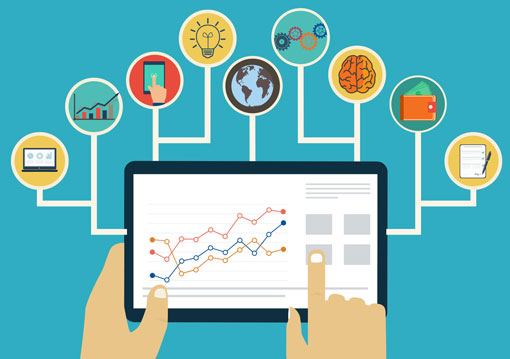Growing up, we’re told to make the most of every moment – and now that the internet has become an integral part of our lives, many of us tend to fill any idle moments with the first available distraction. But room scrolling and watching hours of TikTok doesn’t satisfy. Actually, it stops us from engaging with those moments of emptiness and making the most of their hidden potential.
At least, that’s what Italian author Pietro Minto believes. His new book, “How to Get Bored, Better” (only available in Italian), explores these ideas, guiding the reader toward regaining control of their free time, especially now that the pandemic has forced us to confront our warped notion of time and time management.

How has our idea of boredom changed over the years?
Boredom and mysticism have always been related – they are two separate worlds that like to stay in touch. With the growth of Christianity, people started thinking about boredom on a deeper level, but it also became – let’s say – a more oppressive concept. At one point, Christian ascetics came to consider boredom a demonic force.
These days, if we say we’re bored, it always carries a negative connotation.
Free time is neither boring nor fun, it has simply been freed up from something else. It’s a plot of land nobody has built on yet. It’s how we make use of it that allows moments of boredom to pop up.
I think of boredom as the central part of a more complex mechanism – our time management. Boredom usually occurs in moments where there are strong distractions, forces threatening to steal our time and fill it with things that don’t really interest us.
We’re flooded with inputs from social media, YouTube, and streaming services. In this context, you might think boredom doesn’t exist anymore, when in fact it still does, although maybe in less evident ways. It’s irrelevant how many stimuli we have – the core of the issue is about how little we are conscious of how we use our time, be it a free time or otherwise.
Can you give me an example?
Doomscrolling. You scroll through your phone as if a magnet was slowly dragging you into a black hole. It’s one of those things where you later ask yourself, “Wait, what am I doing? Why am I here? How did I get there?”
So the problem is not boredom itself, which often has positive implications, but the time we waste without realizing it, in order to avoid being bored. You have to realize that an hour spent room scrolling is an hour you’ve used for something. That’s one way to understand you can take ten minutes out of your day to do nothing. For example, even staring at the wall without doing anything can have its unexpected twists.

What are these positive implications you mentioned?
Several studies have shown how boredom – understood as a feeling of emptiness at a time when not much is happening – can stimulate creativity. I was in a similar situation when I came up with the idea of writing a book.
Boredom is also linked to mental health, it’s an island, a moment of introspection that allows you to make sense of things. Doing nothing doesn’t mean nothing is happening – it forces you to reflect and to make free associations, which can prove to be useful.

